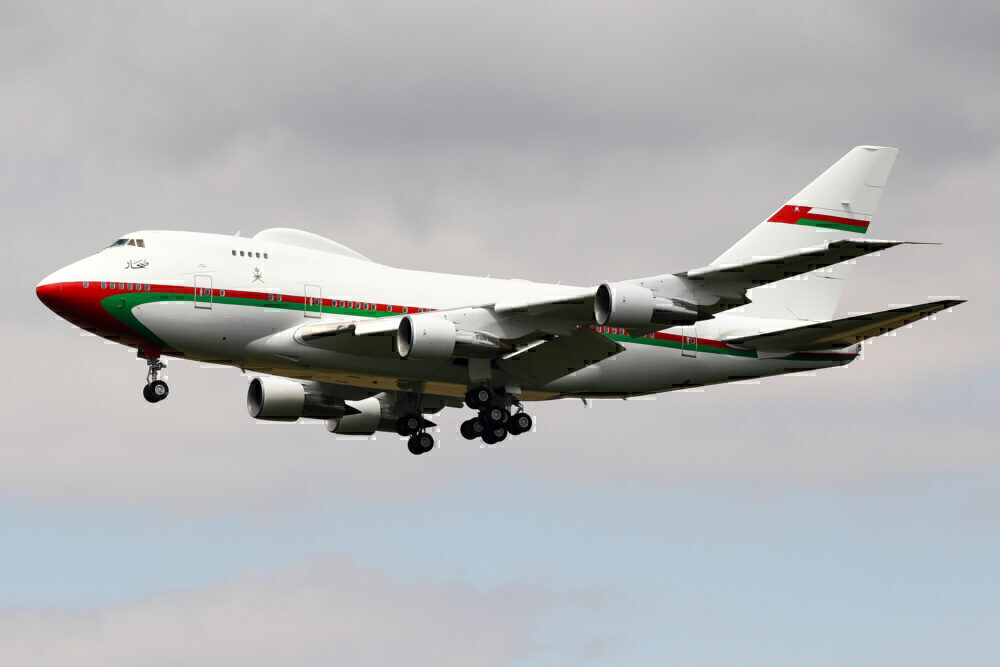By the time the 1970s were fully underway, the Boeing 747 was shaking up the aviation industry across the globe. Several new opportunities were opening up for airlines and their long-haul operations. Two carriers were looking to take prospects further on the back of this progress. Let’s take a look at how Pan American World Airways and Iran Air united to introduce the 747SP.

Meeting demand
The two airlines were looking for a high-capacity plane to transport passengers nonstop between New York and Tehran. However, at the time couldn’t perform as well as subsequent 747 builds on such long-distance trips. So, the easiest solution was to shorten the standard 747.
Boeing also saw this request from Pan Am and Iran Air as an opportunity to develop an aircraft to beat trijet rivals, such as the DC-10. The middle market solutions of the 757 and 767 weren’t around yet. So, a shortened 747 was formed.
The aircraft performed its first flight on July 4th, 1975. Then, it was approved by the Federal Aviation Administration on February 4th, 1976, and was subsequently introduced with Pan Am that year. The legendary carrier dubbed the first 747SP in its fleet Clipper Freedom.




New developments
After being launched, airlines would have noticed that the 747SP is 47 ft (14 m) shorter than its siblings. The plane’s main deck doors were also reduced to four on each side to make up for its lower capacity. Moreover, the model’s vertical and horizontal tailplanes are larger and its wing flaps were simplified.
The 747SP soon found it hard to have a place in the market. Notably, there would be significant advancements with engine capabilities and aircraft such as the 747-200B caught up with the SP’s range.
Yesterday’s Airlines shared that due to the quick transformation in the industry, deliveries of the aircraft were mostly over by the end of 1982. However, there was one unit that was delivered as late was as 1989.
The 747SP’s commercial service ended in 2016 when Iran Air stopped flying it. Nonetheless, over the decades, the SP was put to good use as a personal jet for royalty with an abundance of cash. Moreover, some government agencies also became fans of the type for its size and range offering the perfect balance for private operations.
Still has a part to play
The SP also performs important tasks on a scale that is beyond global. NASA took on a former Pan Am and United Boeing 747SP. Registration N536PA arrived at the space agency’s holdings in October 1996 before undergoing a transformation into the Stratospheric Observatory for Infrared Astronomy (SOFIA). It would hold a 17-ton, 8-foot-wide infrared telescope mounted behind a massive sliding door.
NASA highlights that the plane flies into the stratosphere between 38,000 and 45,000 feet. This move puts the unit above 99% of Earth’s infrared-blocking atmosphere. As a result, astronomers can study the solar system with methods that are not possible with ground-based telescopes.
Altogether, the aircraft still holds a significant role in society with NASA. However, if it wasn’t for Pan Am and Iran Air approaching Boeing together to find a solution for their venture between the United States and Iran, there would have been no 747SP.
What are your thoughts about the Boeing 747SP? Did you ever fly on the aircraft over the years? Let us know what you think of the plane in the comment section.



